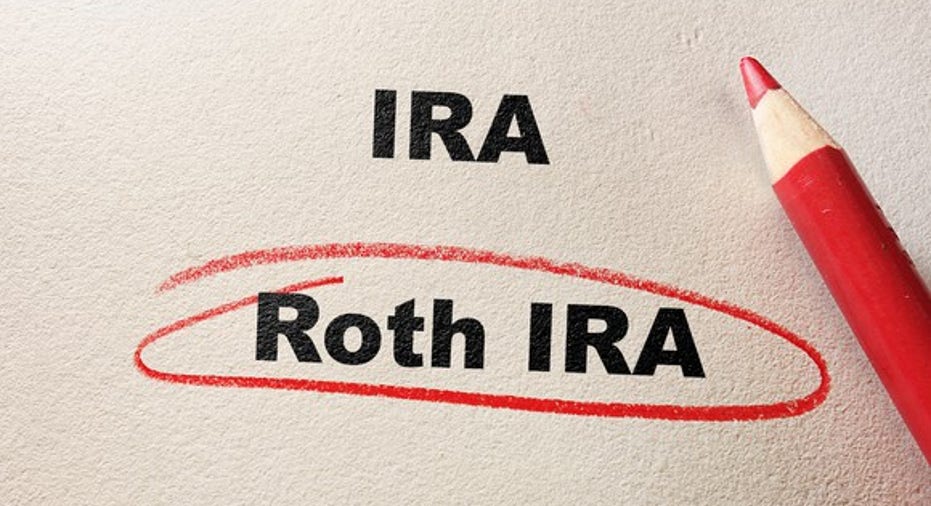Can I Transfer the Money in my Traditional IRA to a Roth IRA?

Roth IRAs are useful tools for retirement savings because they allow you to invest money on a tax-free basis. Even once you retire and start taking money out of the Roth IRA, you typically won't have to pay any taxes on your withdrawals. Because of that, many savers like the idea of transferring money from a traditional IRA into a Roth IRA. That can indeed be a smart move, but it also comes with some tax consequences that you need to understand fully before you make a final decision.
Making the move from a traditional IRA to a Roth IRA
Transferring money from a traditional IRA to a Roth IRA is known as a Roth conversion. The logistics of Roth conversions are fairly simple. You can almost always keep your account at the same financial institution, and the paperwork is relatively painless to complete. Even if you choose to use a different financial institution, it's typically easier to have the IRA money go straight from your old provider to the new Roth IRA provider rather than getting paid out to you first. That way, you don't have to worry about rollover rules that require such moves be completed within a 60-day period.
Image source: Getty Images.
The most important aspect of Roth conversions is that they usually require you to include the full amount you transfer from your traditional IRA to the Roth IRA in your taxable income for the year. That makes sense, because if you got an upfront tax deduction for your traditional IRA contribution, it wouldn't be fair to let you convert it to a Roth without paying tax at some point along the way. Otherwise, you'd get both an upfront deduction and tax-free withdrawals, creating an unintended tax break.
The exception to the rule that requires you to add converted amounts to your taxable income is if you've made nondeductible contributions to your traditional IRA. Such contributions are rare, but the portion of the transfer that represents nondeductible contributions doesn't get included in taxable income. Again, this makes sense intuitively, because otherwise, that money would essentially get double-taxed: once before you contributed the after-tax money to the traditional IRA, and a second time on conversion.
Should I transfer my traditional IRA to a Roth IRA?
Just because you can make a transfer into a Roth IRA doesn't mean it's automatically a good idea. The most important question to ask is whether you think your current tax rate is higher or lower than what your tax rate will be in retirement when you start taking money out of your account. For those who are in low tax brackets currently, doing a Roth conversion makes a lot of sense, because you can essentially lock in the low tax rate now and never have to pay taxes again. That's especially true if you expect your tax bracket to be higher in retirement, because withdrawals will force you to pay more to Uncle Sam if you wait in that case.
Those who are in high tax brackets right now won't usually get as much benefit from converting. If you think your retirement tax rate will be low, then transferring a traditional IRA to a Roth makes even less sense. You'd be better off waiting on paying the tax and paying less of it than you would if you converted now and had to include a lot of extra money as taxable income in the current tax year.
Roth IRAs are popular and have useful attributes that can help you pay less in tax over the long run. Although transferring money from a traditional IRA to a Roth IRA often leads to a higher tax bill right now, the long-term benefits can more than outweigh upfront tax in many cases.
The $16,122 Social Security bonus most retirees completely overlook If you're like most Americans, you're a few years (or more) behind on your retirement savings. But a handful of little-known "Social Security secrets" could help ensure a boost in your retirement income. For example: One easy trick could pay you as much as $16,122 more...each year! Once you learn how to maximize your Social Security benefits, we think you could retire confidently with the peace of mind we're all after.Simply click here to discover how to learn more about these strategies.
The Motley Fool has a disclosure policy.



















